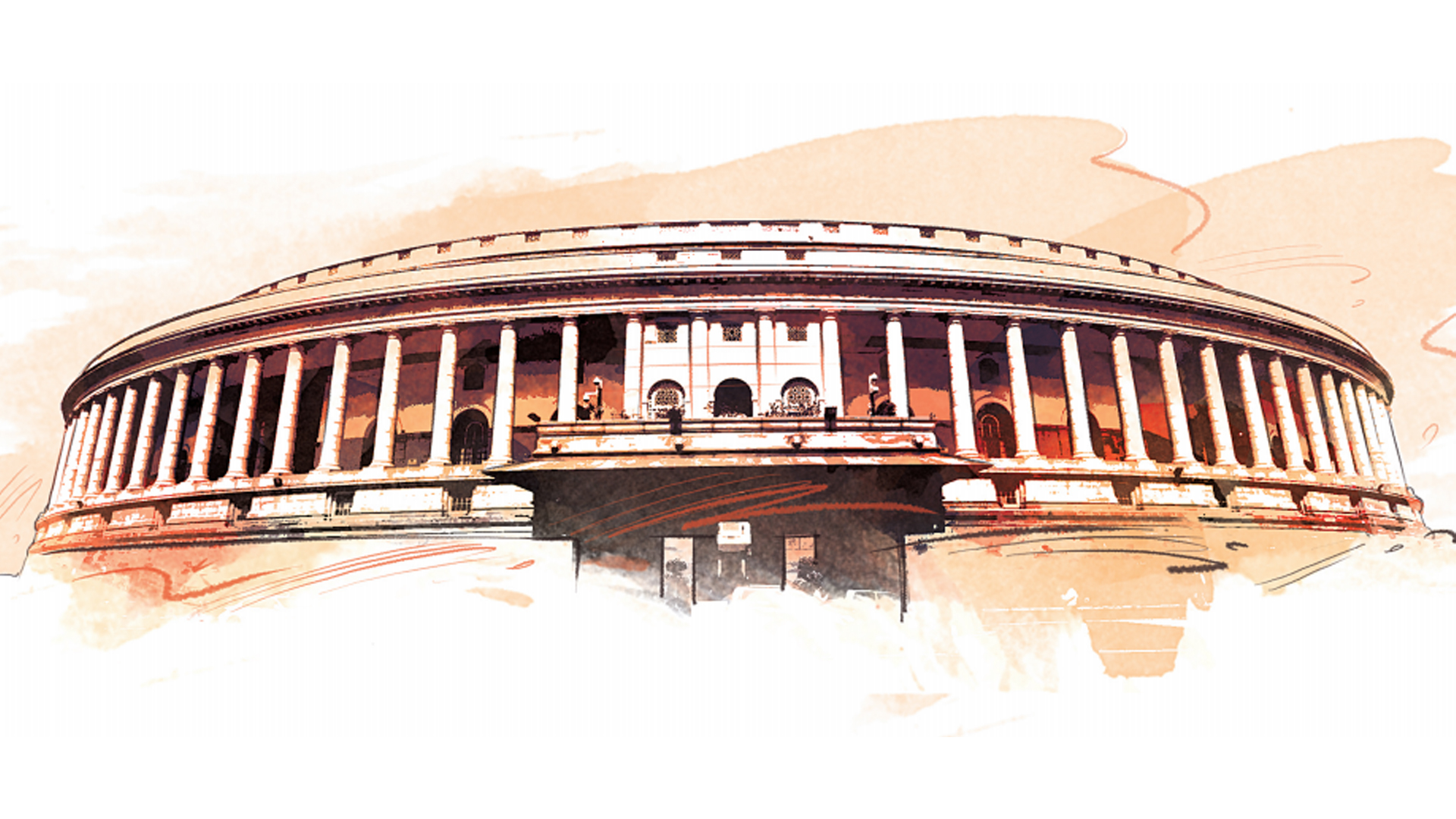Rajya Sabha MP Urges Government to Tax and Regulate Online Games

A BJP lawmaker brought the question of unregulated online gaming to the Zero Hour session in the Senate. Concrete legislation is needed to rein in the gaming boom in India – control and tax legitimate businesses (and use the money for good causes), keep away black-market operators, and protect the youth, he argued.
A Structured Approach Is Needed in the Long Run
Sushil Kumar Modi, a veteran BJP MP in the Rajya Sabha, spoke recently on the impending need to pass a uniform code on online games. Modi insists that the current situation does not allow Government to monitor and tax a booming yet highly sensitive industry.
Digital and mobile services are expanding their influence on all citizens and the economy. Young people, in particular, have a notoriously hard time getting away from their mobile phones, with many unable to distinguish between games of skill and games of chance. Users of all age groups might find it hard to control their spending on online entertainment, especially without limits and regulations imposed from authorities.
Legitimate tech businesses would also benefit from regulatory protection – from the legal online lottery in India to casual and skill games, all under threat by illegal offshore competition. Now that people play more than ever before, Modi argued that the market cannot be left without a structured framework and legal guidance from the Centre.
Noting a likeness to the unchecked growth of the crypto industry, a number of other politicians have spoken in similar terms as of late. Rajya Sabha Chairman MV Naidu urged the Communications and IT Minister to work together with the Law Ministry in finding a solution.
How Can Regulation Bring Benefits?
The comprehensive framework that the Senator invoked aims, ultimately, to set a uniform tax on all online gaming companies. However, important distinctions must be made between game types, setting requirements and limits so as to protect vulnerable consumers and groups at risk (e.g. children). Said requirements must be clear and transparent and lead to more transparency in the gaming industry.
One of the success stories of legalizing gaming is represented by the Government-run lotteries in about half of all States. While they are a huge success now, it took some time for local customs to stop feeding the illegal satta matka market. In the end, players got used to the regulated market, choosing legal lotteries consistently over foreign and black-market alternatives.
Now, there are over 430 million online gamers in India, expected to pass 650 by 2025. Given the size and potential of the market, the sheer magnitude of taxation revenue is likely to influence positively a number of government programs. Lottery levies are used to fund welfare programs and public awareness campaigns. Some authorities finance education and healthcare projects while, for smaller States, the lottery segment is a true cornerstone of local employment.
While in-app purchases are still more relevant than advertising revenues for most gaming companies, both regulators and families need to have more clarity on chance-game elements. Just like kids fall for the so-called “loot boxes” and “skin betting” for their casual video games, countless adults use their mobiles to play games for real money. The magnitude of the phenomenon requires an intervention, sooner rather than later.

